#kill your darlings aesthetic
Text




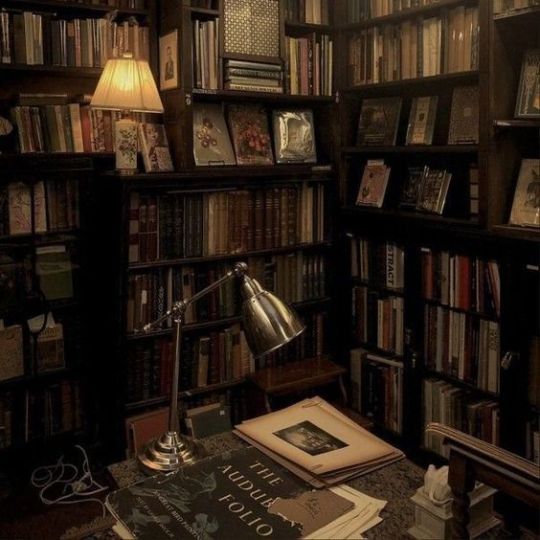
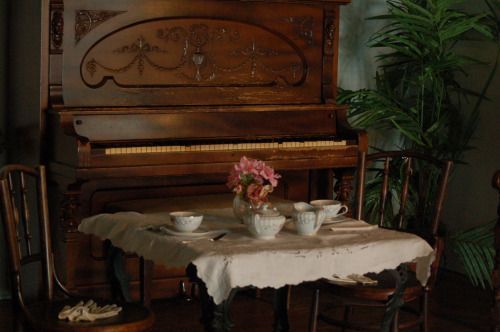


#autumn aesthetic#autumn#fall vibes#fall aesthetic#chaotic academia#dark academia#darkacademia#classic academia#school#aesthetic#dark aesthetic#frienship#dead poets society#if we were villains#the secret history#kill your darlings#brown moodboard#moodboard#university#student#student aesthetic#romantic academia#studyblr
1K notes
·
View notes
Text
dead poets society changed my life because john keating is so right. i read and write poetry because i’m a member of the human race. i do need to seize the day. words and ideas do change the world. i am filled with passion.
#dark academia#deadpoetsnet#kill your darlings#my post#new poets society#spilled thoughts#nostalgia#dead poets society#dead poets honor#light academia#chaotic academia#academia aesthetic#romantic academia#dead poetry#movies#film#robin williams#writers on tumblr#writer things#carpe diem#dead poets aesthetic#neil perry#todd and neil#todd anderson#mr keating
2K notes
·
View notes
Text
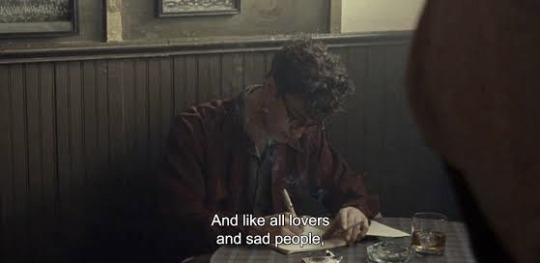
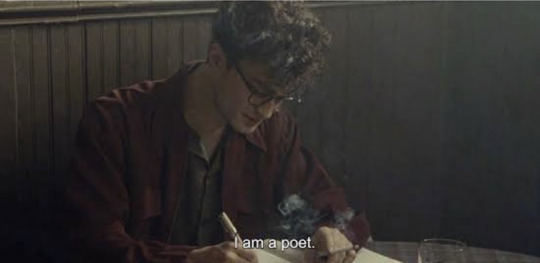
Kill Your Darlings (2013 film)
#kill your darlings#daniel radcliffe#dark academia movies#books & libraries#dark academia#dark aesthetic#dead poets society#light acadamia aesthetic#light academia#literature#poetry#quotes#romantic academia#study blog#studyblr#chaotic academia#chaotic academic aesthetic#classical literature#dark academic aesthetic#classic lit quotes#dark academia aesthetic#donna tartt#the secret history#classical paintings#love quotes#cottage core#sylvia plath#oscar wilde#the picture of dorian gray#the bell jar
10K notes
·
View notes
Text
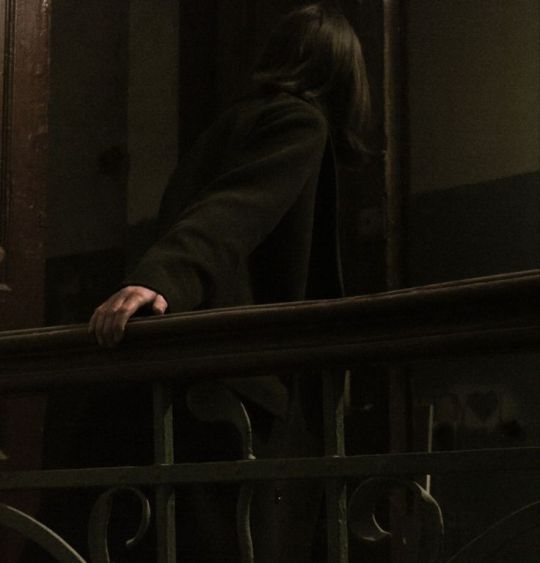
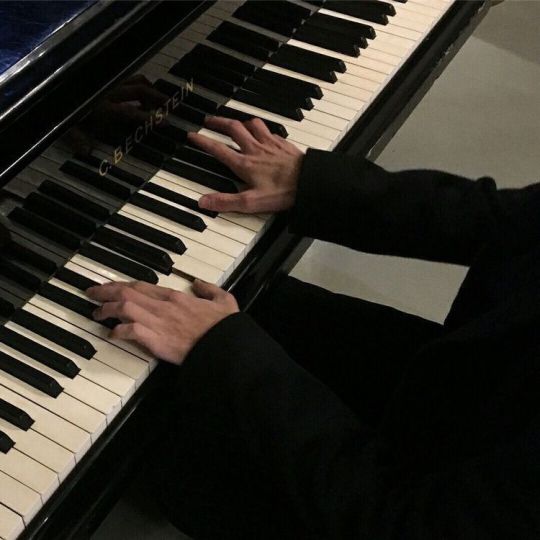


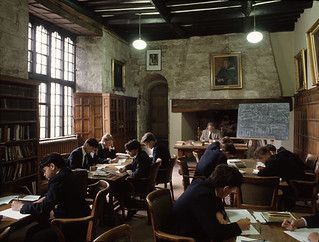
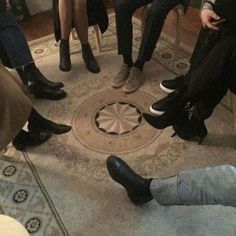


#autumn aesthetic#autumn#fall vibes#fall aesthetic#chaotic academia#dark academia#darkacademia#classic academia#school#aesthetic#dark aesthetic#rebellion#frienship#dead poets society#if we were villains#the secret history#kill your darlings#brown moodboard#moodboard#brainstorm#university#student#student aesthetic#spooky season#halloween
878 notes
·
View notes
Text

— Allen Ginsberg to Peter Orlovsky (1958) (via lunamonchtuna)
#poetry#dark academia#dark acadamia aesthetic#light academia#book quotes#quotes#lovecore#romantic academia#allen ginsberg#kill your darlings#peter orlovsky
520 notes
·
View notes
Text
where am i gonna get academic validation after i’m done with school
#academia#dark academia#light academia#the secret history#classic academia#romantic academia#chaotic academia#dead poets society#kill your darlings#aesthetic#da aesthetic#if we were villains#poetry#school#da#literature#relatable#academic validation
4K notes
·
View notes
Text

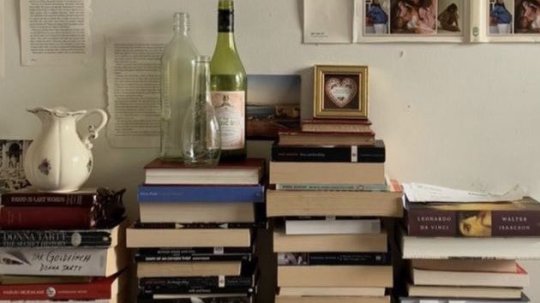

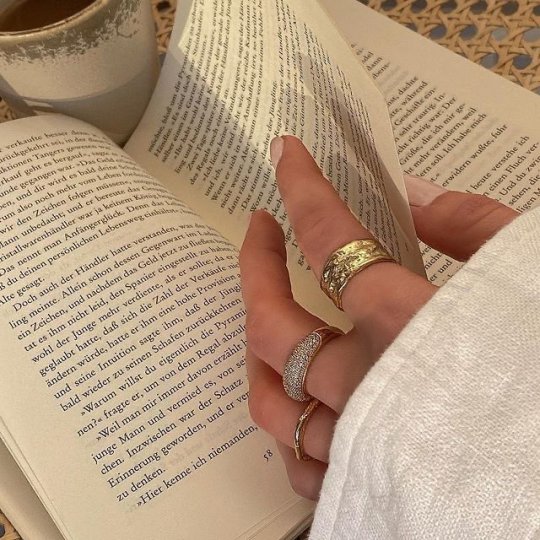
days filled with reading 💭
#dark academia#light academia#dark academia aesthetic#kill your darlings#light academic aesthetic#the secret history#classic academia#dark academism#classic lit aesthetic#dead poets society#booksbooksbooks#bookworm#books and libraries#books#reading#study aesthetic#studyspo#study motivation#studyblr
4K notes
·
View notes
Text
"But how could you live and have no story to tell?"
– Fyodor Dostoevsky, White Nights
#fyodor dostoevsky#chaotic academia#dark acadamia aesthetic#dark academia#dark academic aesthetic#darkacademic#poetry#light academia#light acadamia aesthetic#poem#spilled poetry#dead poetry#poetry is not dead#dead poets#dead poets society#kill your darlings#like real people do#dostoevsky quotes#russian literature#classic literature#english literature#lit#literature
514 notes
·
View notes
Text

#dark academia#academia aesthetic#books and literature#classic literature#dark academia aesthetic#donna tartt#the secret history#light acadamia aesthetic#kill your darlings#art#aesthetic#dark academia quotes#autumn#autumn aesthetic#fall vibes#fall aesthetic
3K notes
·
View notes
Text
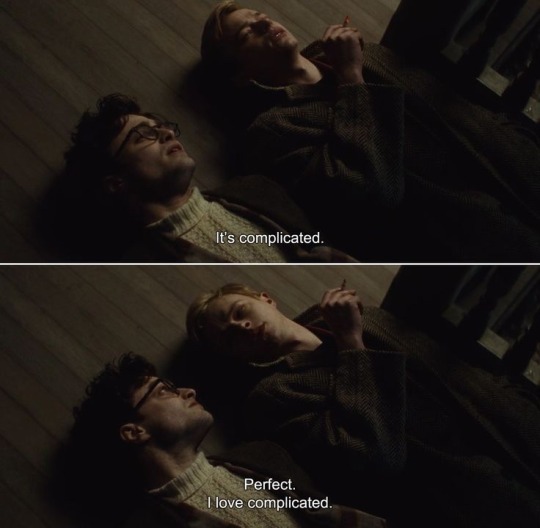
“It’s complicated.”
“Perfect. I love complicated.”
- Kill Your Darlings, 2013
#i ADORE this movie#this movie altered my brain chemistry#if you’re even so much as contemplating watching this? do it.#aesthetic#dark acadamia aesthetic#dark academia#kill your darlings#allen ginsberg#lucien carr#david karmmer#jack kerouac#beat literature#kyd#beatnik
332 notes
·
View notes
Text
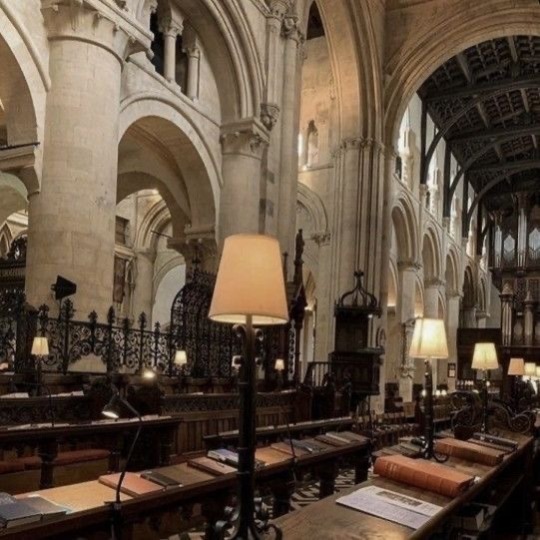


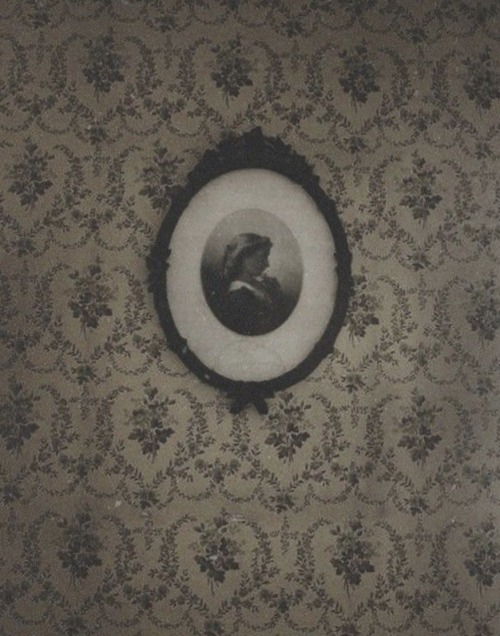
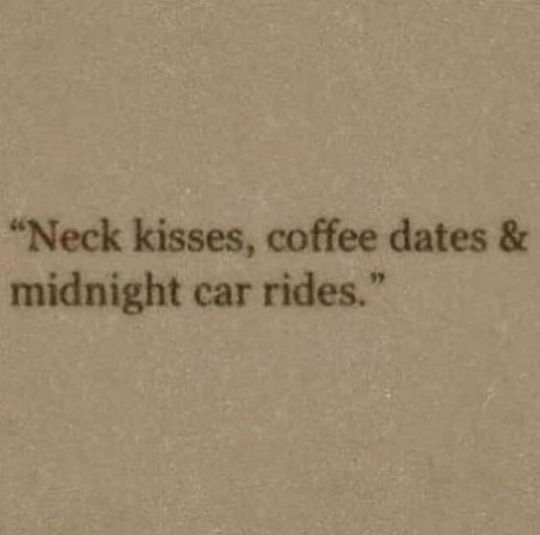
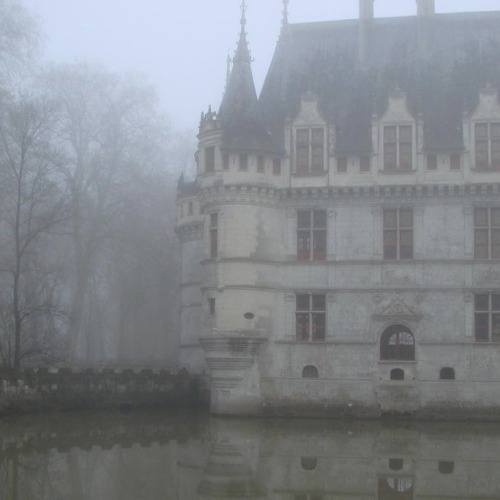

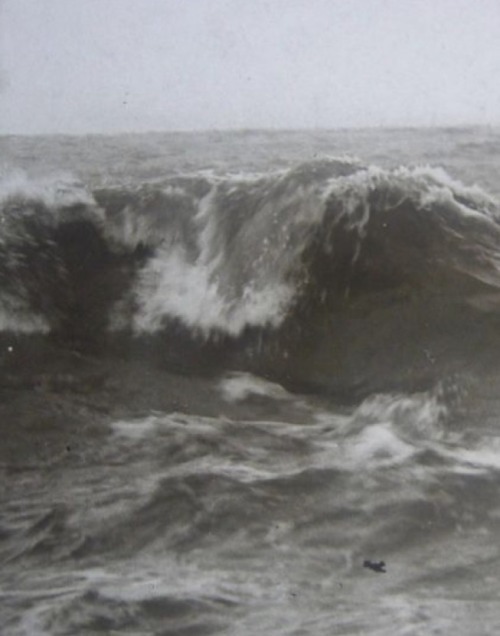
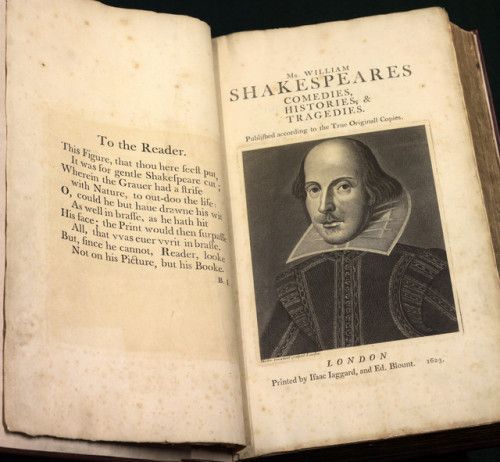
#dark academia#dark academia books#if we were villains#tsh#donna tartt#the secret history#coffee#dps#dead poets society#kill your darlings#paintings#dark academia aesthetic#romantic academia#moodboard#classic academia#shakespeare#books & libraries#romantic aesthetic#light academia
259 notes
·
View notes
Text
the secret history winter or call me by your name summer
#dark academia#deadpoetsnet#kill your darlings#my post#new poets society#remus lupin#spilled thoughts#nostalgia#light acadamia aesthetic#light acamedia#classic academia#academic#call me by your name#the secret history#classical literature#english literature#literature#chaotic academic aesthetic#dark acadamia aesthetic#aesthetic
172 notes
·
View notes
Text

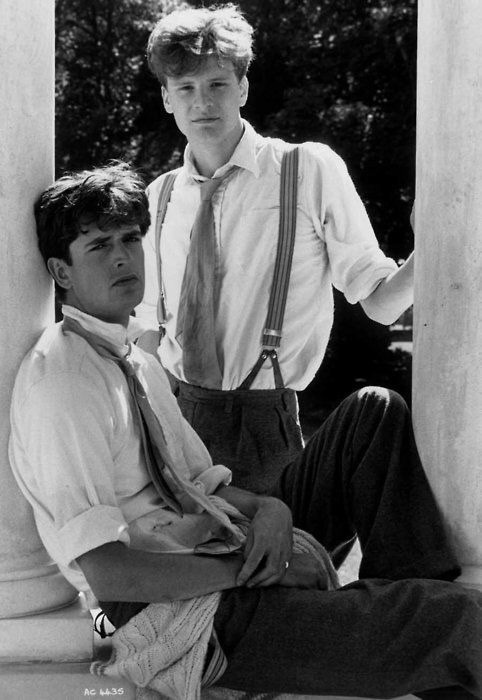
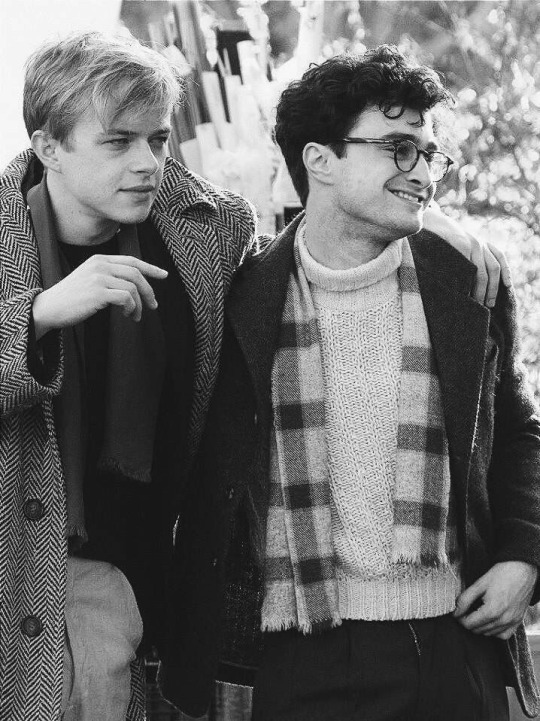



just leaving these pictures here for my future self to find them and be grateful cause i was so prudent and caring.
#rupert everett#colin firth#hugh grant#daniel radcliffe#dane dehaan#another country#kill your darlings#maurice#dark academia#dark acadamia aesthetic#books#80s movies#80s aesthetic#poets#poetry
152 notes
·
View notes
Text
10 dark academia movies you might not know (part 3):
The Breakfast Club
Whiplash
The Falling
Licorice Pizza
Maurice
Anna Karenina
Cracks
Picnic at Hanging Rock
Nowhere Boy
Kill Your Darlings
#dark academia#dark academia aesthetic#academia#dark academism#dark academia memes#dark academia movies#dark academia books#the breakfast club#whiplash#kill your darlings#nowhere boys#anna karenina#maurice#maurice 1987#licorice pizza#movies#films#dark academia literature#dark acadamia quotes#the secret history#donna tartt#the goldfinch#literature#classic literature#knowledge
297 notes
·
View notes
Text
Thinking about how the Big Four of dark academia really feels like the Big Three of dark academia that a last-minute addition was added onto, not because it’s any less a part of and representative of the aesthetic but because its mood and message differs so greatly from the other three - that last-minute addition being Dead Poets Society. Hear me out as I rant about character types, classism, doing it for the aesthetic, themes, tones, and substance abuse (and, obviously, spoiler warnings for Dead Poets Society, The Secret History, If We Were Villains, and Kill Your Darlings):
Firstly, I want to draw comparisons between who I consider to be the protagonists of each story, focusing a lot on how I feel that each of them has a barrier between himself and another group of people within the story. Starting with the one that I relate to the most and progressing in no organisational order after that, we have from The Secret History Richard Papen, an English major who came from an impoverished old town in California to the lovely little college in Hampden, Vermont on account of loads and loads of scholarships. Fascinated and a bit infatuated with the Greek class, he is able through partly his own talent but mostly dumb luck to join their ranks, only to find out that the people he admired and romanticised are all a bunch of classist, selfish, rich addicts. Desperately wanting to be a part of this group, Richard has to break the financial barrier (as well as the seclusion engineered by Julian) between him and them in order to get in with the “cool kids.” However, this doesn’t work out for him at the end, as he doesn’t even get invited to their bacchanal or Bunny’s murder and yet has to suffer for the fallout of both events. It’s made clear that this is not the kind of life you want to live, and Richard even returns to California after the main body of the book concludes. Allen Ginsberg of Kill Your Darlings is confronted with a similar barrier, although his is less financial (he’s well-off enough to make it to college without scholarships) and more the sort of subcultural difference between the life he left at home and how Lu and his friends live. Just like Richard, he risks and loses it all to gain the affection of this new group, who, just like in TSH, leave him high and dry in the end. Oliver Marks also risks it all for his group in If We Were Villains, although they don’t necessarily abandon him in the same sense and really he alienates himself by taking the fall for Richard (Stirling)’s death. His barrier is also mainly financial, as he ends up having to pay for Dellecher through scholarships and a work-study deal, something which you can tell he is ashamed about (hmm classicism -_-) as he tries to hide it from the rest of the group, who can all afford the school on their own (or their families can). Since this story differs from the rest because it starts off with Oliver already a part of the tightly-knit group, you can’t really talk about him vying for approval as in TSH or Kill Your Darlings, but the sense of him being a part of a slightly different world is still there. Meanwhile, you don’t get this same sense in DPS. I maintain that Neil is the central figure in DPS, but for the sake of this let’s look at Todd, who does have to make his way into the group after it was already formed. Todd’s barrier is not financial but all in his own head: his social anxiety and awkwardness prevents him from initiating a relationship with any of the other Dead Poets. Because he has this different kind of barrier, it’s easier for him to overcome it, and it turns out well for him in the end, while it doesn’t for the protagonists of the other three stories.
Besides that, the other characters also play a role in how DPS feels separate from the other three. All four dark academia stories are about rich kids at their core, but DPS is the only one that doesn’t feel like it’s about rich kids. Why is that? I think it’s because of how they chose to present the characters. In TSH, the whole main cast, essentially, sucks - Henry is full of it, Bunny has all sorts of problems, Charles is an abusive drunkard, not to mention his incestuous relationship with Camilla, and Francis knows about this relationship and is fine with it, even being fine to casually fuck Charles on top of it (and he’s classist as fuck, but that’s a discussion for a later date). You might think, “oh, but Richard isn’t too bad” - yeah, but he did let them all get away with not one but two murders and was only worried about Charles abusing and fucking Camilla because he felt attraction to Camilla himself, so. Anyway, my point is that everyone in the Greek class is either a rich asshole or wants to be like the rich assholes, so that’s not good. There’s a similar thing in Kill Your Darlings where they’re all addicts and alcoholics and people who generally don’t give a fuck about how other people react to their drama and fun times, and you can see how Lu even uses David and later Allen and then throws them both away casually. Yeah, they have a cool vision of revolutionising poetry, but they’re not really characters that one can necessarily relate to, because they’re all just too caught up in themselves. IWWV, too - you don’t see this as much, but it comes out a bit when Oliver hides in shame the fact that he has to work to pay for school. While IWWV has a cast of characters that I can relate to and like the most out of the three I’ve talked about so far, there’s still a little bit of disconnect, an unattainability about them, and it’s clear that they’re all deeply fucked: Richard, before he died, was an abusive asshole, James killed Richard and then not only started mirroring him a bit when he hurt Oliver but then let Oliver while away ten years of his life in prison for Richard’s death (and either killed himself or faked his death), Alexander got even worse into drugs and then presumably got clean but man did he have PTSD from that school year, Meredith is surrounded by men lusting after her and feels lonely, Wren also has PTSD from that school year, and Filippa . . . got into a relationship with her teacher and we don’t talk about this? So while they’re three-dimensional, engaging, and entertaining, they’re all still just plain messed up. However, the Dead Poets aren’t like this. Obviously, there’s Neil’s suicide, but that’s different - it’s not messed up because he was already messed up, it’s messed up because the authority figures in his life (excluding Keating) messed him up themselves, breaking his spirit with the pressure they put on him and with the criticism of his passion. But to the point, in the sense of the characterisation of the main cast, DPS feels different from the other three because the Dead Poets are three-dimensional, engaging, entertaining, and even likeable in a way that the characters from the other three are not. And they’re all rich enough to attend a very well-to-do private boarding school, but they’re not stuck-up and classist, in fact hardly ever bringing up matters of money and even making fun of the Danburrys a bit. They feel more accessible than any other group does, which is what I respect about them.
And last but not least, the message. As far as the moods/tones and themes of the Big Four go, DPS is the only one with any sort of hope at the ending, and the only one with a “true” aesthetic for the characters to chase. The three of the dark academia Big Four all focus on taking something too far and it going horribly wrong - the Greek class gets so into studying the Classics that they have a bacchanal and kill a man and then kill a man to prevent him from telling someone that they killed a man, which leads to yet another man dead and the rest of them unhappy; the Dellecher fourth-years get so into Shakespeare and the roles they play/their typecasts that Richard ends up dead, Oliver ends up in prison, James ends up either dead or faking his death, and everyone else suffers like I mentioned earlier; and in Kill Your Darlings, David ends up dead, Lu ends up in prison, and Allen ends up expelled. TSH has a very bleak epilogue - Richard is confused and yearning, Charles is still drunk and who-knows-where cut off from the rest of them, Camilla has her dying grandmother to worry about, Henry and Bunny are dead, and Francis is forcing himself to marry a woman he doesn’t even like as a person, let alone not being physically attracted to her whole-ass gender, because he would rather make himself miserable than be cut off from the financial support of his family. Donna Tartt leaves us with a depressing, unsatisfying ending - which is all part of the theme, but I’ll get to its relation to DPS later. All in all, TSH’s tone is a very dark one, and its message to not let yourself get so caught up in the aesthetic that you let yourself fall/sacrifice your morals (and also not to idolise rich assholes because they can and will use you and ruin your life), while relevant and important, is far from inspiring or uplifting. Similarly, they go too far in IWWV, pursuing Shakespeare until it fucks them all up, and it has a similar theme to TSH. Its ending, while I like it better than TSH’s, is still quite pessimistic; there’s a little glimmer of possibility there, but not really all that much, and you get the sense that things are never going to fix themselves. In Kill Your Darlings, too, Lu and Allen get so caught up in the New Vision that they let the rest of their lives fall apart around them, and the ending is a bit confused and “meh.” DPS, however, has a lot of hope in its ending. Yes, Neil’s death was sad, and so was Keating taking the fall for it, but despite that, Keating is able to walk out of that classroom with a smile on his face; the ending isn’t entirely sad, it’s bittersweet. DPS’s message is all about carpe diem, seize the day, make your lives extraordinary, and they all presumably go on to do that (except Neil, who died because he was unable to do that). While the aesthetic the characters chase in TSH sort of hinges on their rich assholery, the aesthetic the characters chase in IWWV more or less depends on their isolation and general fucked-up-ness, and the aesthetic the characters chase in Kill Your Darlings is pretty much based on substance abuse and not giving a fuck, all of which lead to their lives being ruined on varying levels, the aesthetic the characters chase in DPS not only doesn’t really ruin their lives and also seems to be much more attainable in a tangible way. While Keating loses his job, he’s able to walk out of the classroom with a smile on his face because he knows that he did what he came there to do - he inspired his students to live life to the fullest and think for/be true to themselves, which is actually a quite healthy aesthetic to strive for, especially compared to the other ones I’ve talked about. The ending of DPS isn’t entirely happy, but there’s so much hope in it, something which the other three lack, and because of that, it feels separate from them.
Anyway yeah. I’m not going to write a big ol’ conclusion because I’ve already taken up so much space, but yeah. Thanks for coming to my TEDTalk lol.
#dark academia aesthetic#dark academia#dark academic aesthetic#dark academic#dark academism#academia aesthetic#dark academia books#dead poets society#dps#the secret history#tsh#donna tartt#kill your darlings#if we were villains#iwwv#ml rio#richard papen#oliver marks#allen ginsberg#neil perry
247 notes
·
View notes
Text
Oh to be a pretty boy in the 1900s.
#if only#gender crisis#1900s aesthetic#20th century#genderfluid#romanticism#dark academia#classic academia#old aesthetic#1900s literature#1900s#dark romantica#kill your darlings#dead poets society#the secret history#maurice#books and literature#chaotic academia#dark romanticism#films#aesthetic#wishes#i wish
390 notes
·
View notes